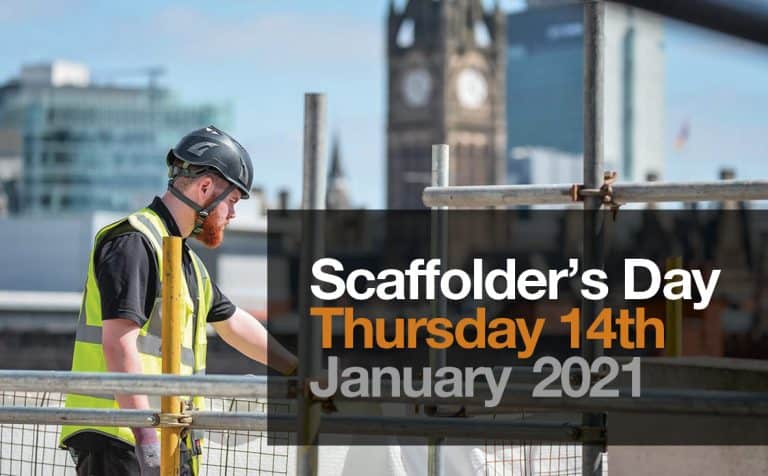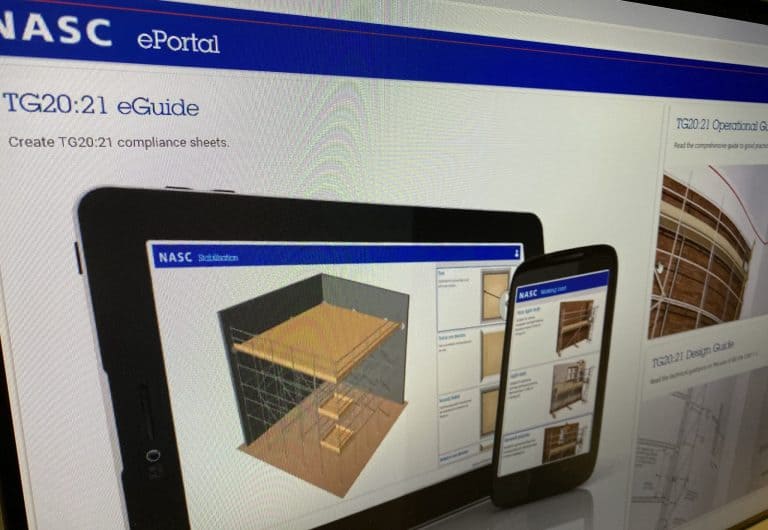Altrad has reached the landmark milestone of 11 years without a lost-time injury on a chemical site in Carrington, near Manchester.
The firms teams have been providing multiple discipline services on the site for its client LyondellBasell for over 20 years.
Altrad provides a range of services for LyondellBasell including scaffolding, insulation, painting, mechanical, electrical, instrumentation and civil. Altrad said their service offering at the Carrington site has evolved over a 20-year period providing reduced interfaces and enhanced value for their client.
Jean Gadbois, LyondellBasell’s SVP Manufacturing Europe, Asia, International said: “Congratulations for this milestone – it is a significant achievement.”
Steve Finnegan, LyondellBasell’s Manager at the Carrington Site added, “At LyondellBasell, we have an intense global focus on the safety of all personnel working on our sites. This achievement of 11 years without a lost-time injury from our largest partner at the Carrington site is a truly remarkable achievement, particularly in light of the nature of work carried out. We will share this as an example of sustained Goal Zero operation to other LyondellBasell sites around the world.”
This impressive safety milestone reflects the dedication and commitment of our site teams, Altrad said.













